Chemical incident response: Cannot be subjective
Statistics show that the amount of chemicals used in Vietnam is concentrated in factories and industrial parks in cities such as Hanoi, Hai Phong, Bac Giang, Bac Ninh, Ho Chi Minh City and provinces with many industrial parks. In addition to products that can be easily seen in some fields of agriculture, pharmaceuticals, plant protection, chemicals, and consumption, chemicals also participate in the production and manufacturing processes of many economic sectors.
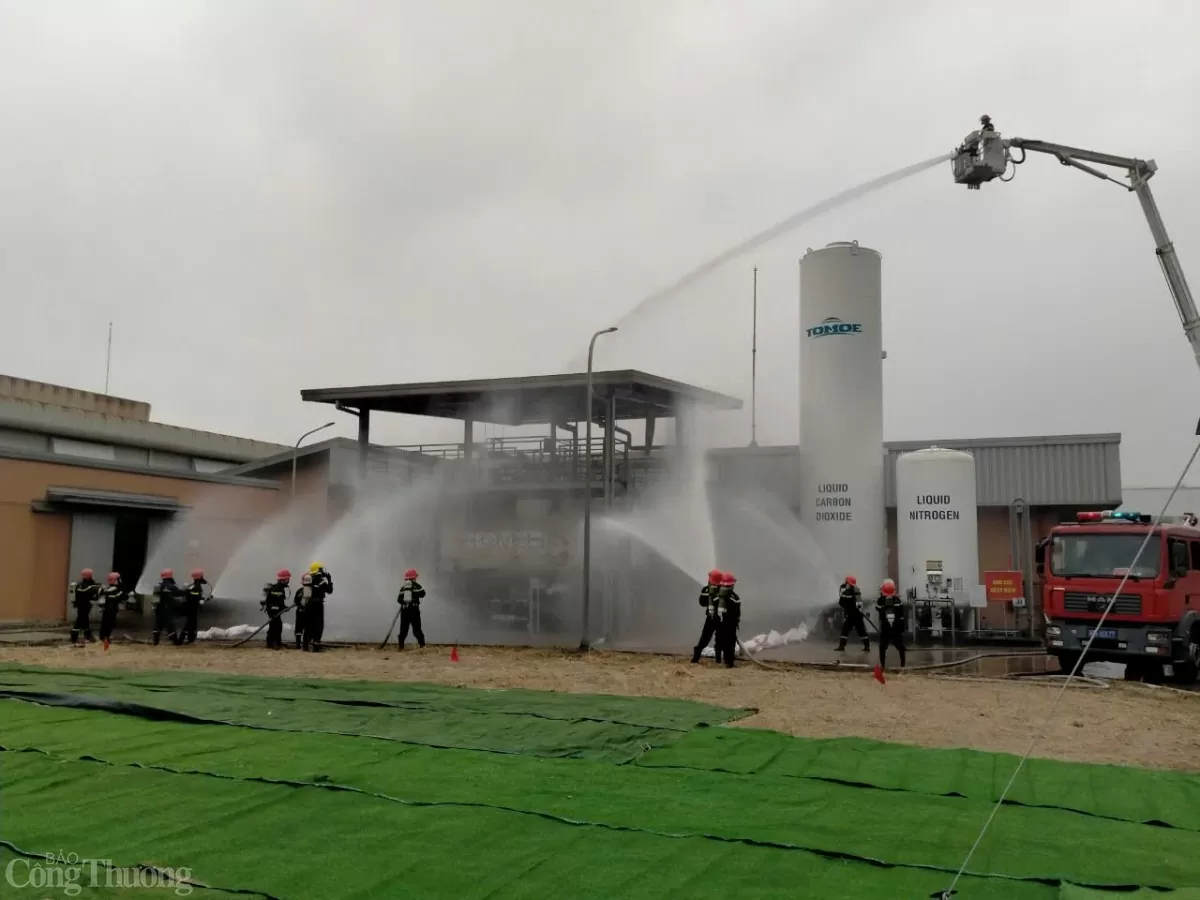 |
| Organizing drills is essential to ensure readiness in response work. Photo: NH |
Due to the characteristics of many toxic and dangerous chemicals such as strong oxidation, strong corrosion, flammability, acute toxicity, and environmental toxicity, leaks, fires, and explosions are very dangerous.
For example, in localities such as Bac Giang , industrial development is widespread. Currently, the whole province has more than 150 enterprises operating in the chemical sector. The output of chemicals produced and consumed is hundreds of thousands of tons each year, mainly detergents, surface cleaners and wastewater treatment. However, for many years, the locality has not had any chemical incidents. Along with Dai Quang Chemistry Vina Co., Ltd., many enterprises operating in relation to chemicals in Bac Giang such as: Ha Bac Fertilizer and Chemicals Joint Stock Company, Hosiden Vietnam Co., Ltd., Air Liquide Vietnam Co., Ltd., Fuhong Precision Component Co., Ltd. (Bac Giang), ... also do a good job of ensuring safety in the production, supply, management and use of chemicals.
According to the Department of Industry and Trade of Bac Giang, the Department has actively implemented, focusing on propagating, disseminating and guiding enterprises to strictly implement legal regulations on chemical activities; strictly implementing the plan to prevent and respond to chemical incidents in Bac Giang province.
At the same time, strengthen coordination between relevant sectors and People's Committees at district and commune levels to inspect, grasp the situation, and serve effective management. Thereby, contributing to raising awareness of compliance with regulations on safety in production, business and use of chemicals; effectively preventing incidents, creating conditions for safe and effective production, business and use of chemicals, protecting human health and sustainable environment.
Talking to reporters of the Industry and Trade Newspaper, Mr. Vuong Thanh Chung - Director of the Center for Incident Response and Chemical Safety, Department of Chemicals ( Ministry of Industry and Trade ) said that according to Article 37 of the Law on Chemicals, chemical facilities must annually build an on-site response force and must regularly train and practice chemical incident response plans. Raising awareness, responsibility, and at the same time checking the ability to coordinate actions between agencies, functional units with companies, factories, and enterprises in responding to chemical incidents occurring in the locality where they live.
“However, in recent times, there has been a situation where businesses have been subjective, negligent, and passive, only paying real attention after an incident has occurred. Although some establishments have paid attention, their implementation has been inadequate. Common violations include not developing measures and plans to prevent and respond to incidents; not organizing chemical safety training; not developing chemical safety regulations for production facilities; and not arranging chemicals in warehouses that are safe in accordance with current regulations,” Mr. Vuong Thanh Chung pointed out.
Proactively practice and develop good response scenarios
According to the Department of Chemicals, in recent times, localities have had a number of active activities in the prevention and response to chemical incidents. Most provinces have developed provincial chemical incident prevention and response plans that have been appraised and approved by the People's Committees of provinces and centrally-run cities.
Many localities across the country have directed functional units to coordinate with businesses to organize drills on the provincial-level Chemical Incident Prevention and Response Plan, or organize drills combined with oil spill response. Some provinces have conducted drills such as: Hanoi, Phu Tho, Lao Cai, Da Nang, Tra Vinh, Quang Ngai, Tay Ninh, Binh Dinh, Phu Yen, Bac Giang, Hai Phong, Bac Ninh, Thai Nguyen, Binh Duong, Thai Binh...
Regarding this content, Mr. Hoang Quoc Lam - Deputy Director of the Department of Chemicals added a solution, chemical incident response drills are very important for localities: Firstly, organizing drills will help localities have thorough preparation, practice proficiently in incident response work, and have the agility and flexibility to respond when chemical incidents occur.
Second, through drills, we will be able to recognize shortcomings in order to promptly supplement and learn from experience in responding to incidents and coordinating among forces participating in the response.
Third, organizing drills will help localities see the dangers of chemical incidents, especially for businesses to be more aware of strengthening chemical incident prevention.
Mr. Vuong Thanh Chung also said that chemical incidents often leave serious consequences, while on-site response forces and equipment are very limited, not capable of responding on their own. Accordingly, it is necessary to strengthen chemical incident response drills; raise awareness of training in safety techniques during transportation... In addition, information and propaganda work should be carried out to raise awareness in responding to chemical incidents, promote a sense of responsibility to fully implement legal regulations, in order to prevent incidents from occurring as well as be ready to actively participate in responding when incidents occur.
“Proactively responding to chemical incidents also contributes to promoting safety in chemical operations, promoting local industrial development and moving towards sustainable development of the chemical industry nationwide,” Mr. Vuong Thanh Chung informed.
| According to the Department of Chemicals, to effectively prevent and respond to chemical incidents nationwide, localities need to strengthen management, develop plans to prevent chemical incidents, and especially promote the implementation of chemical incident response drills. |
Source: https://congthuong.vn/ung-pho-su-co-hoa-chat-can-ke-hoach-toan-dien-tu-dia-phuong-den-doanh-nghiep-387951.html





![[Photo] Hungarian President begins official visit to Vietnam](https://vphoto.vietnam.vn/thumb/1200x675/vietnam/resource/IMAGE/2025/5/27/ab75a654c6934572a4f1a566ac63ce82)
![[Photo] Vice President Vo Thi Anh Xuan, French President Emmanuel Macron and his wife visit Hanoi University of Science and Technology](https://vphoto.vietnam.vn/thumb/1200x675/vietnam/resource/IMAGE/2025/5/27/267b6f2bdf3e46439f081b49f6ec26b1)

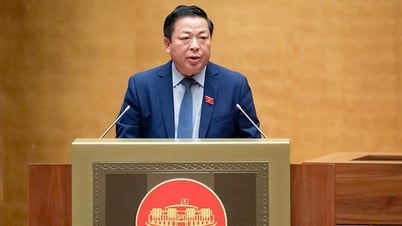
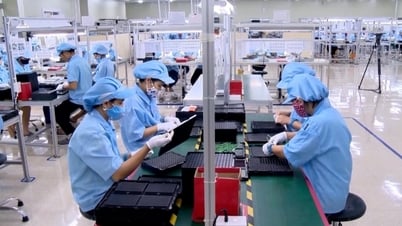




































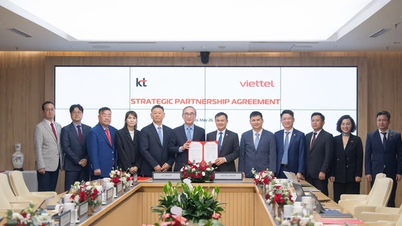
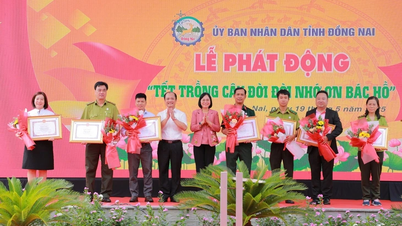
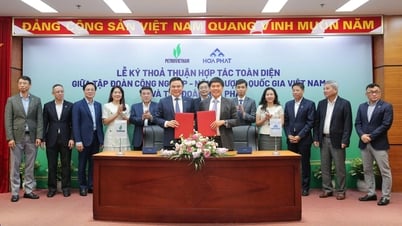











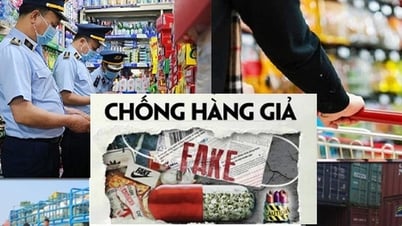

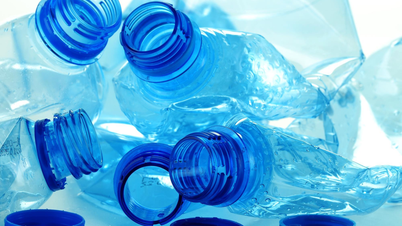





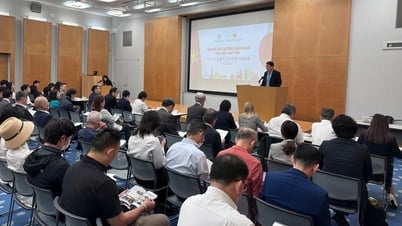


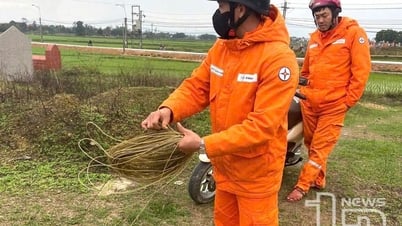











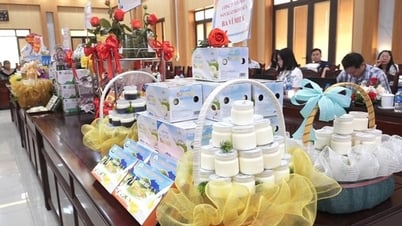





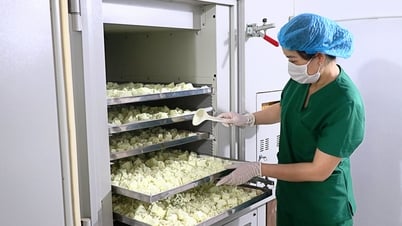

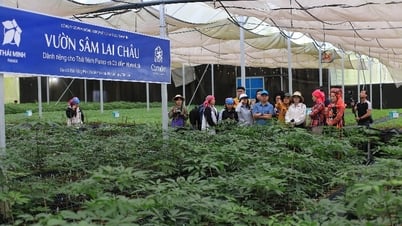

Comment (0)